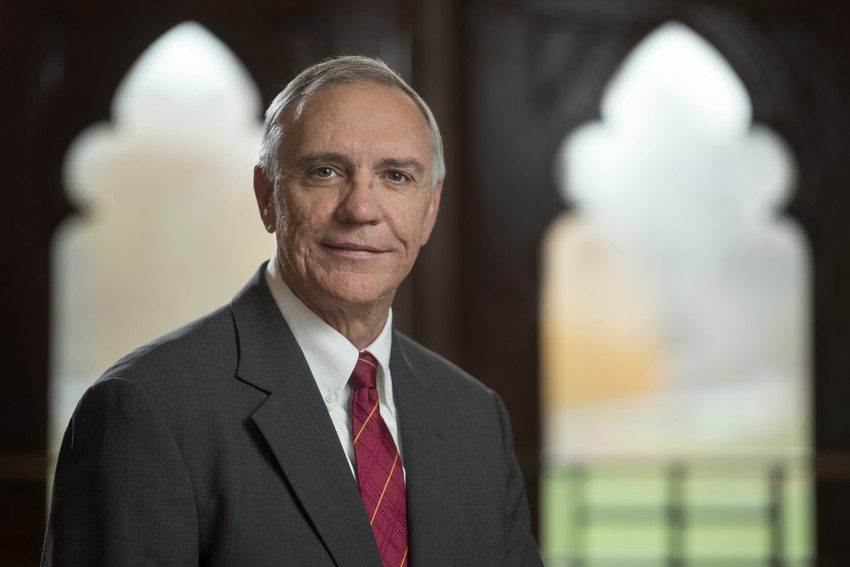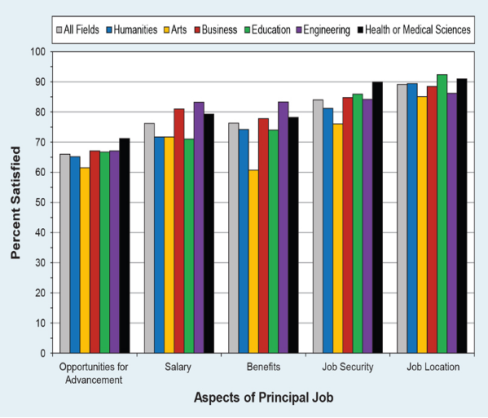I recently stumbled across an article on Inside Higher Education written by a PhD candidate. He talked about the spring break slump and how it can be difficult to get back in the groove of things. I find this extremely relatable right now and found that he had some interesting coping mechanisms that you can read here.
I wanted to list some of the ways I’m trying to get out of the funk and would be interested in hearing anything you do to help stir up your motivation.
- Get Outside: As the weather warms up, it’s hard to ignore the fact that I see undergraduates outside throwing the frisbee around, napping in hammocks, and listening to music outside. After the twinge of jealousy I feel after witnessing this, I make it a point to get outside for at least ten minutes. I do my best to walk my dog or do some homework outside even if it’s only for a couple of minutes. I’ll even grab my dog and head to the park to grade. I find that this warms my soul until the next wave of mental exhaustion.
- Painting My Nails: Probably not for everyone, but I feel like my life is put together a little more if I have my nails done. It’s something I’ve grown accustomed to since starting grad school and it’s a great way for me to just take some time to myself at least once a week.
- Productive Procrastination: I don’t know how good of a coping mechanism this is but I procrastinate by doing more productive work. If I have one assignment that is due on Tuesday but am dreading it, I will do an assignment that is due on Friday instead. I pretend that this validates my choice and doesn’t make me feel as bad if I had just chosen to binge on a show.
- “Fun” Learning: The last coping mechanism I use is learning something “fun”. I put fun in quotation marks because it’s most likely not that fun. I’ll take that time to become Google certified in something, learn a new skill, or just learn about something that I’ve been thinking about recently. I’m sure this is very similar to the productive procrastination method I mentioned.
Do any of you have particular things you do to de-stress or get your groove back after a slump?






